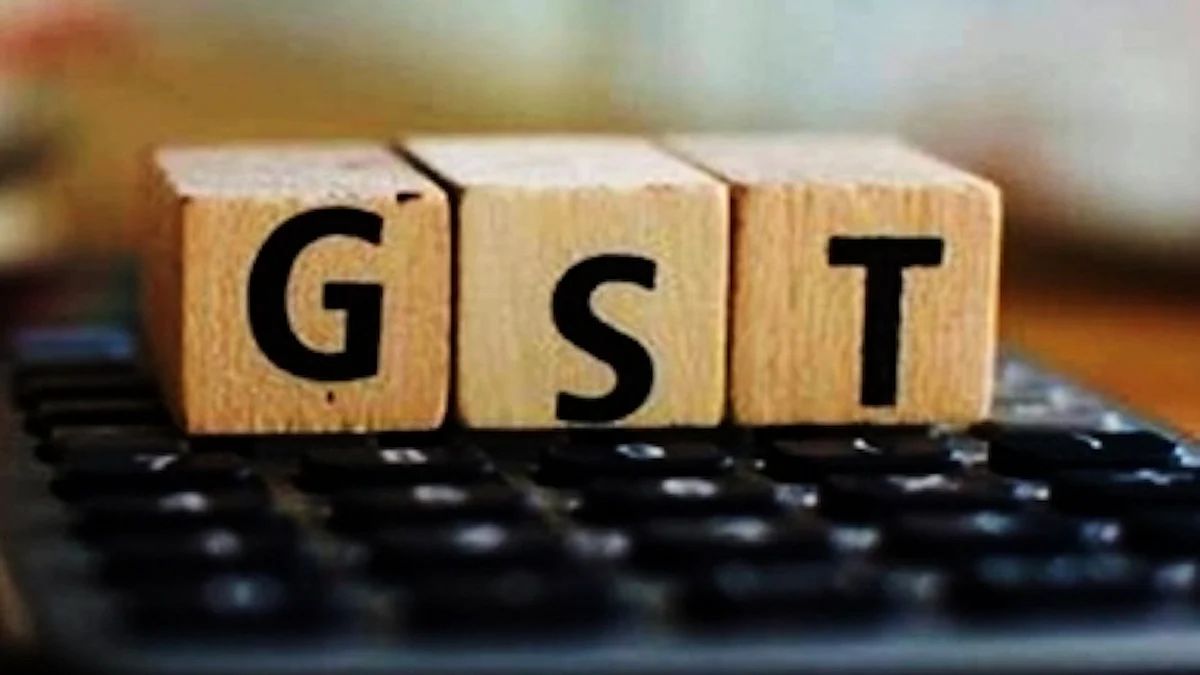Retail inflation set to go up further with next round of ‘GST readjustment’ on anvil
Prices of some items of daily are expected to go up further after GST Council holds its next meeting to correct the remaining instances of ‘inverted duty’

A brief respite in retail inflation registered for July may not be of much assurance about price stability as another round of GST readjustment on the anvil may well push up prices of items of mass consumption.
Retail inflation was steady in June, although well above the Reserve Bank of India's tolerance limit for over sixth months. Inflation as measured by the consumer price index (CPI) was reported steady at an annual 7.03 percent in June, down by 0.1 percent from the previous month. The improvement, though marginal, was attributed to lower fuel and cooking gas prices, which offset higher services and food costs.
The Reserve Bank has also been raising interest rates as part of its inflation management strategy. But its Governor Shaktikanta Das has warned that inflation is unlikely to be brought within the mandated target, until at least the end of the year.
It is against this setting that there is a move for further readjustment of the GST rates, which would warrant prices of items of daily use to go up further.
It has now been revealed that the GST council may withdraw some more exemptions and raise the tax rates further to correct the remaining instances of inverted duty.
An inverted rate structure is a case where GST rates on inputs materials are higher than outward supplies. By way of example, automobiles, electronic items, urea and other fertiliser inputs segments have duty inversion.
The decision by the GST Council at its previous meeting had accepted a ministerial committee report on the correction of inverted duty and exemptions. As a result, pre-packaged and pre-labelled retail packs, including curd, lassi and butter milk, have since been brought under GST.
The panel is currently further studying tax issues relating to casinos, online gaming and horse racing, the conclusions of which are keenly watched due to the high interest into these activities.
The earlier proposal was to levy a 28 per cent tax on these activities, but the issue is being reviewed lock, stock and barrel.
The decision to enforce a 5 percent GST levy on pe-packaged and labelled food items has been controversial right from the moment the new measure was announced. It also caused a lot of confusion over the tax liability on loose items sold by retail shops, particularly food items. With the difference between branded and unbranded products having been eliminated for GST purposes, it created utter confusion among customers as well as merchants.
Later on, it was clarified that loose packed items sold by shop owners will not attract the new rate.
Also attracting higher GST rates were hotel and hospital room rents while exemption given on services extended by RBI, IRDAI, SEBI, FSSAI and GST was also withdrawn. All this will have an implication for the inflation rates, but leaving a higher impact is the correction in the case of food and food-related items.
While a GST rate of 5 percent was made applicable on branded cereals, pulses, and flour when the new regime was rolled out, this was amended to tax only such items which were sold under registered brands on which enforceable right was not foregone by a supplier.
However, soon rampant misuse of this provision by reputed manufacturers and brand owners was noticed, with the result that the GST revenue from these items fell significantly.
The Group of Ministers, who could not reach a consensus at their last meeting on the inverted duty structure, has the mandate to review various items to help minimise refund payout, and review the GST exempt list with the objective of expanding the tax base and eliminate breaking of input tax credit.
Under GST, a four-tier structure exempts or imposes a low rate of tax (5 per cent) on essential items and levies the top rate of 28 per cent on cars and demerit goods. The other slabs of tax are 12 and 18 per cent.
(IPA Service)
Views are personal
Follow us on: Facebook, Twitter, Google News, Instagram
Join our official telegram channel (@nationalherald) and stay updated with the latest headlines